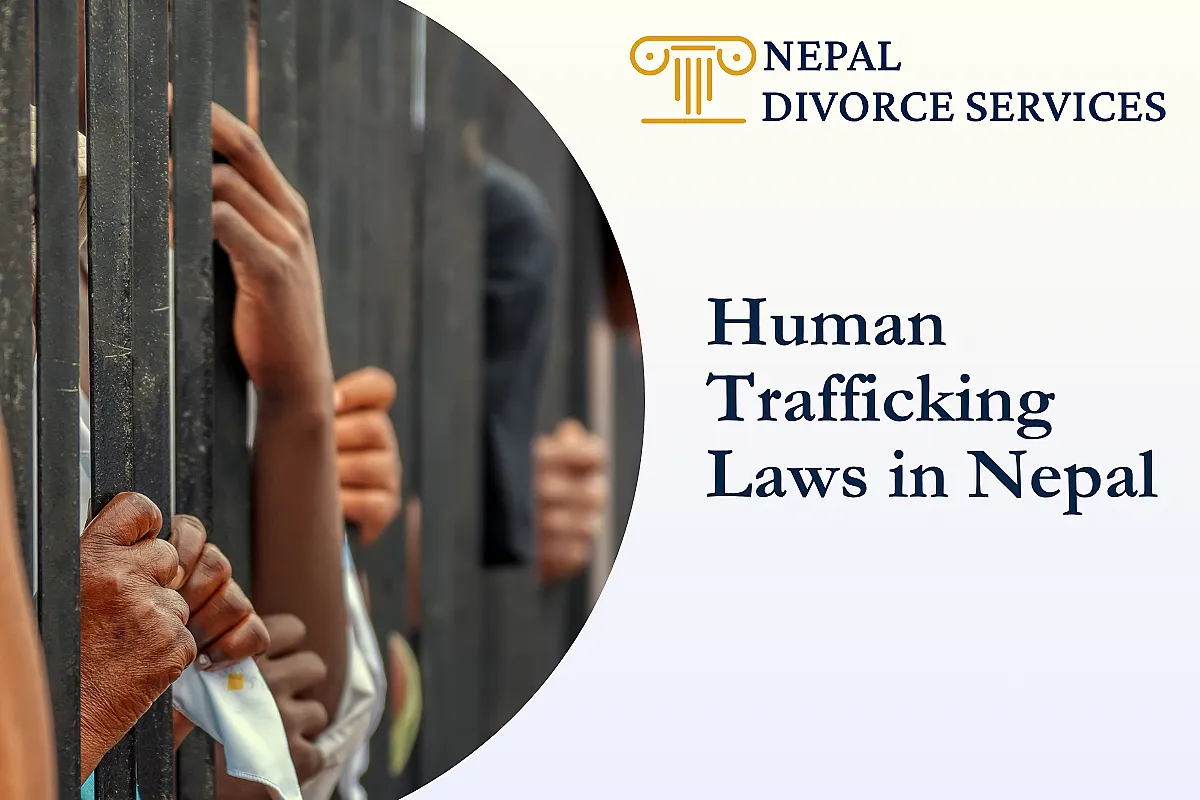Tag : Criminal Defense Lawyer
Understanding Attorney-Client Privilege
This article explains attorney-client privilege, its purpose, and the exceptions to this important legal concept, ensuring you understand how to communicate confidently with your attorney.
The Legal System of Nepal
The legal system of Nepal is a complex and evolving system that has been shaped by a variety of influences, including the country's history, culture, and religion. The legal system is also influenced by the country's current political and economic situation. The history of the legal system of Nepal can be traced back to the 18th century when the country was ruled by the Shah dynasty. During this period, the legal system was based on Hindu law and customary law. In the 19th century, the British colonial government introduced elements of common law into the Nepalese legal system.
5 Reasons to Hire a Top Lawyer in Nepal for Your Legal Issue
If you are facing a legal issue in Nepal, whether it is a civil, criminal, family, business, or any other matter, you may be wondering whether you need to hire a lawyer or not. While some legal issues can be resolved without the help of a lawyer, such as minor disputes or simple transactions, others may require the expertise and guidance of a professional legal representative. Hiring a top lawyer in Nepal can make a significant difference in the outcome of your case and protect your rights and interests. Here are five reasons why you should hire a top lawyer in Nepal for your legal issue:
Corruption Laws And Framework In Nepal(2080)- Latest Legal Provisions
Corruption is a serious problem that undermines the rule of law, democracy, and development in Nepal. Corruption is defined as "offences punishable under Chapter -2" of the Prevention of Corruption Act, 2059 (2002 A.D.) which include bribery, embezzlement, abuse of authority, money laundering, and obstruction of justice. Corruption affects various sectors and levels of the society, such as politics, administration, judiciary, security, education, health, and business.
Human Trafficking Laws in Nepal
Human trafficking is a global issue that impacts men, women, and children in over 130 countries, including Nepal. Trafficking involves recruiting, transporting, or harboring individuals through force, deception, or coercion, often leading to exploitation in forced labor, sex trafficking, and organ removal. Nepal's Human Trafficking and Transportation (Control) Act, 2064 outlines strict penalties for traffickers, including imprisonment and fines for those involved in human trafficking, prostitution, or child exploitation. This guide provides an overview of the laws that aim to protect victims and reduce vulnerability, addressing key areas such as forced labor, sex trafficking, child labor, and organ trafficking.
Cheque Bounce in Nepal
A bounced cheque happens when the payee is unable to access the funds because the bank rejects the cheque, usually due to insufficient funds or mismatched signatures. In Nepal, the Negotiable Instruments Act 2034 (1977) and the Banking Offences and Penalties Act of 2064 (2008) outline the procedures for handling bounced cheques. Legal action can be taken either through civil lawsuits or criminal prosecution, depending on the intent and circumstances. Fines, penalties, and imprisonment range based on the cheque amount, with serious violations leading to up to five years of imprisonment. To avoid these consequences, it is important for individuals to ensure financial transparency and fund availability when issuing cheques.






